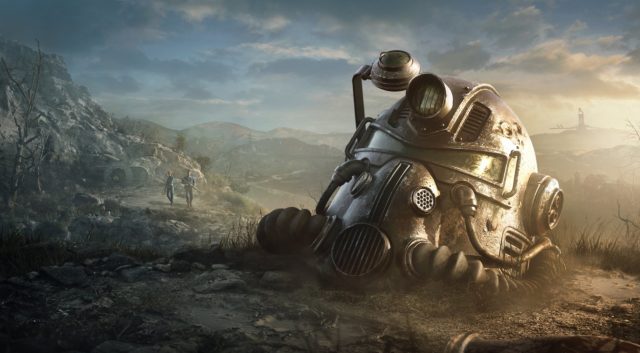
This article originally ran under a different banner/website in November of 2018 and is now being here re-uploaded for purposes of convenience and consolidation. Please enjoy.
Well, well, my followers; I can see you feel like you’re lost in these open-world sandboxes you love so much. Staring at your map with no sense of direction in your eyes. You have the look of a gamer who just picks up the latest AAA open-world game because he is expecting it to be like the last one. Ironically, this is not far from the truth. Let me tell you why you are here. You are here because you know something. You’ve felt it your entire life, that there’s something wrong with numerous open-world games. You don’t what it is. It’s there, maybe it’s the lack of content that is driving you mad. It is this feeling that brought you to me.
Not all open worlds are created equal. You can see it when you look at games on Steam. You can feel it when you play Metal Gear Survive … when you play Sea of Thieves… when you play Fallout 76. It is these plaster lifeless worlds that pulled you in and have blinded you from the truth. That you are a slave to these cold plastic live services masquerading as games.
This is your last chance. After this, no turning back. You play Fallout 76 – the story ends, you wake up in your bed and believe that Fallout 76 will be better once they patch in content. You play Red Dead Redemption 2 – you stay in Wonderland and I show you how deep the rabbit-hole goes.
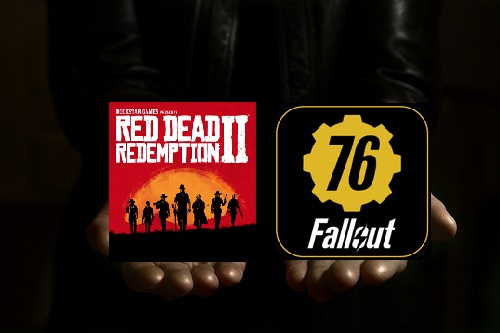
In the year 2018, we have seen a plethora of amazing open-world games including Divinity 2, Marvel’s Spider-man, and Red Dead Redemption 2. Even with my distaste for the microtransaction system, I am willing to say Assassin’s Creed Odyessus pushes new ground in terms of open-world games. Even with it being three years old, The Witcher 3 has set a gold standard for open-world games. So it is a bit baffling to me, in the same year as Red Dead Redemption 2, we get titles like Metal Gear Survive, Sea of Thieves, Dynasty Warriors 9, and finally Fallout 76. With this widening gap in quality, I am here to show you what caused the differences in these titles.
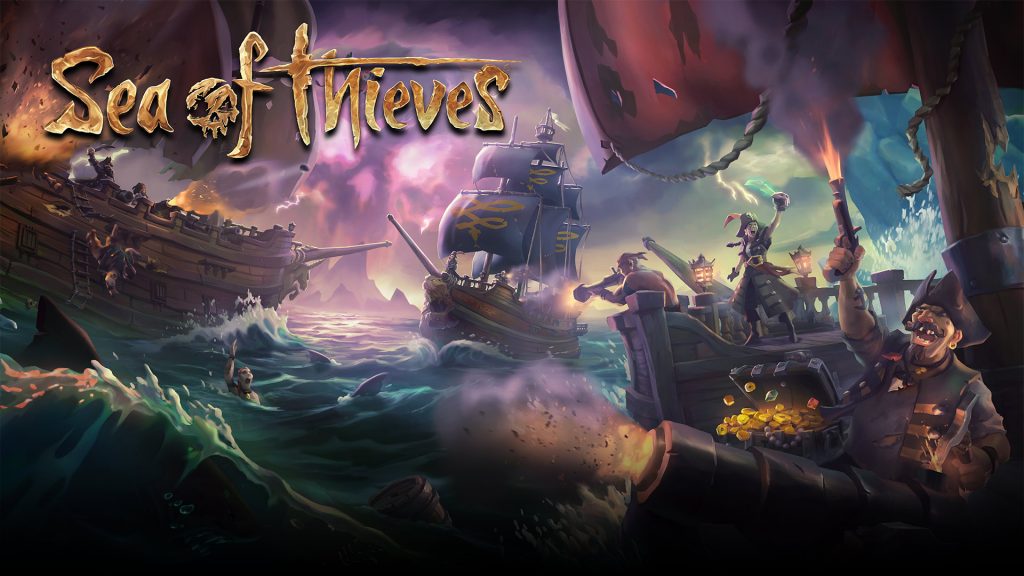
For starters, I must point out, that it seems the best open-world games seem to be primarily single-player games. While many publishers will boast that single-player games have gone the way of the dodo, we can add successful open-world games to the list of reasons that their belief is simply not true. Even on the opening weekend, Fallout 76 was outsold by the Spyro Reignited Trilogy, a remaster of a game from 1998. Again more proof that single-player games aren’t dead. While I am sure many will point out that Divinity 2 will allow up to three friends to join your game and Red Dead Redemption 2 will probably have a GTA-online style multiplayer, I would argue none of this detracts from the single-player experience that Rockstar has spent years crafting.
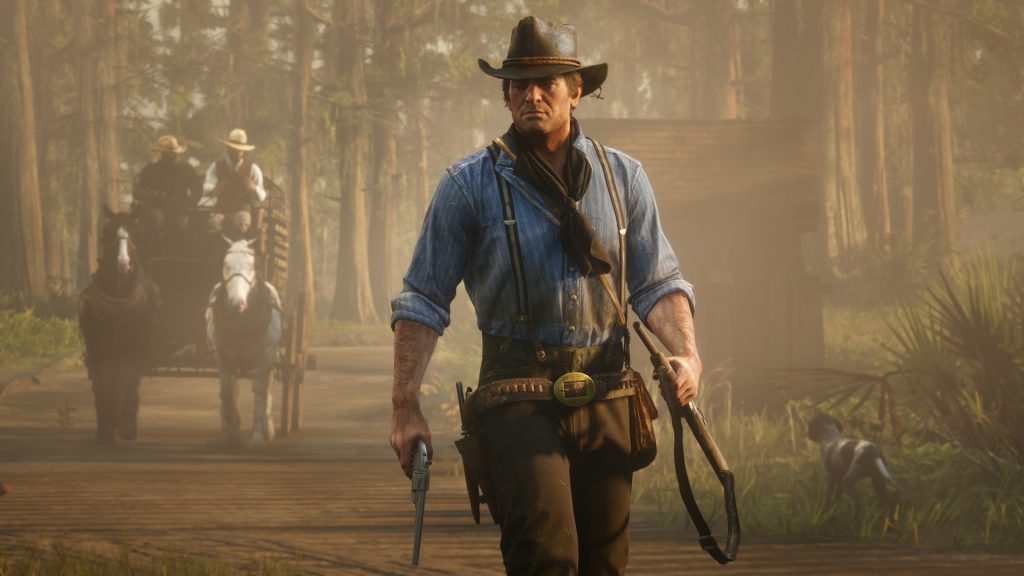
On the flip side, many of the poorer open-world games are in their bare-bones states because they are multiplayer-only titles. Fallout 76 has been called Fallout 4 with all the dynamic quests taken out. Metal Gear Survive is a stripped-down version of Metal Gear V: The Phantom Pain. Sea of Thieves don’t you mean puddle of thieves? No? My point is these games are bare-bones because of their publisher’s plans to drip feed content over time. These aren’t open-world games, these are live services. Live Services are many publisher’s attempts to rake in World of Warcraft money by getting players to return to their games and pay for new content. While they are making the new content, these publishers encourage you to run around the empty sandbox and just “mess around with friends.” A saying that doesn’t put too much faith in your game. I remember having fun hanging out with friends in between classes, but the principal never demanded sixty dollars for hanging out in the halls. With that in mind, I don’t really see the worth in purchasing a sixty-dollar skeleton of a game just hang out with friends.
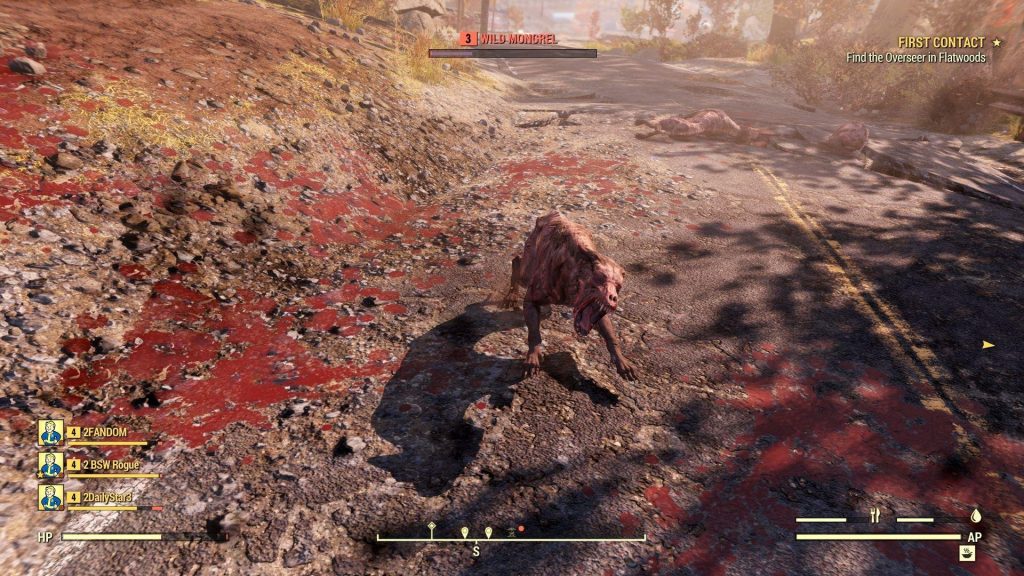
So if publishers know their open-world games are lacking content upfront, why don’t they wait until they have something that could really capture a player’s attention? Well my naive friends, that certainly wouldn’t please the shareholders. With all these empty open-world games and mobile spinoffs, I can only conclude AAA publishers are trying to spend the least amount of money on making games while allowing multiple ways to heist more money from players. I assume you all are familiar with the predatory ways mobile games try to squeeze more money from players, but open-world games cannot plead innocence either. Sea of Thieves isn’t too bad, only charging for cosmetic items, but I can’t say that about the others. Dynasty Warriors 9 stripped characters of their iconic weapons to sell them back as DLC, and Metal Gear Survive charges players ten dollars for an additional save slot. Now, some of you might be crying Fallout 76 doesn’t have microtransactions, but I would air on the side of caution with Bethesda. Might I remind you, Bethesda tried to force players to pay for mods … TWICE!!! Do not be surprised if Bethesda starts selling card packs including those card perks the game uses. Mark my words: Microtransactions will come to Fallout 76. Why? The shareholders demand it of course.
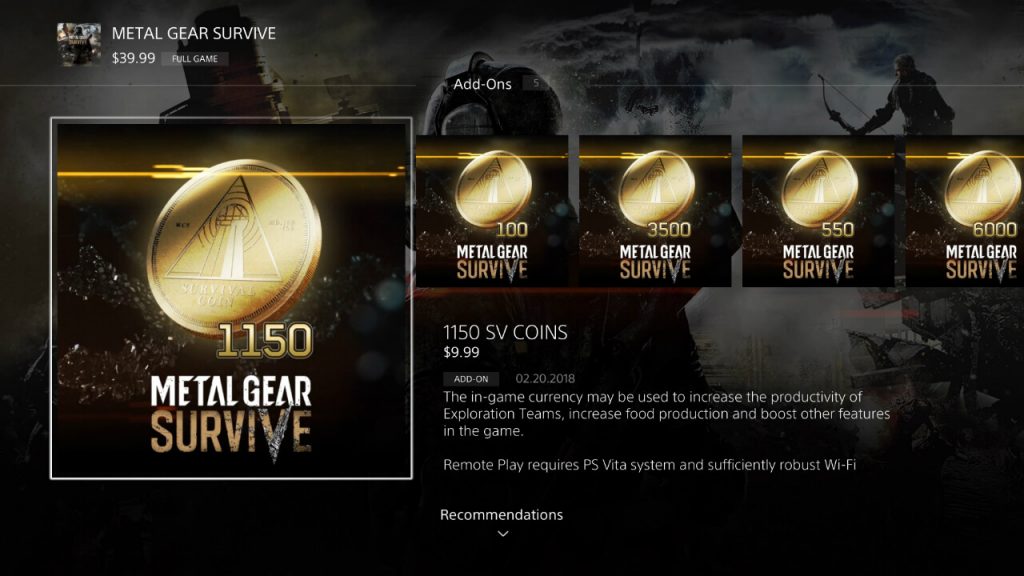
My followers, the point of my proclamations is to not belittle you for liking some of these lackluster open-world games. I don’t even mind if you don’t like some of the popular open-world titles like The Witcher 3. I am merely trying to point out how little effort is going into making fun exciting titles that don’t shake you down for more money. The increasing number of mobile spinoffs and bleak empty sandboxes are massive red flags in my mind. The industry is moving towards cutting more corners while demanding more from the players in return. The industry is building itself around pleasing shareholders, not gamers. Just look at Activision, they made four billion dollars in microtransactions last year, while only releasing three games: Crash Bandicoot Remastered, Destiny 2, and Call of Duty: World War II. I am only asking you to exercise caution when purchasing AAA games or the microtransactions in them. I, for one, passed on Assassin’s Creed Odyssey. Despite doing great things with their open-world formula, I did not want my purchase to say that I support having experience boosts in a game built around a leveling system. I believe it is too tempting to increase the number of time players will have to grind to make those experience boost more appealing. It was a choice I made. We, as gamers, must take greater consideration in our purchases, or else the end might be nigh for our favorite form of entertainment.